Greece PM says may drop referendum ahead of confidence vote
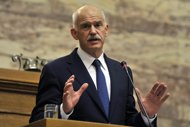
As eurozone leaders at the G20 conference in Cannes piled on the pressure, Papandreou said he was ready to drop the plan to put the European package aimed at keeping Greece in the euro to a vote.
But Germany and the European Union responded that Greece would be judged on its actions, not its words.
At the same time, Greek Finance Minister Evangelos Venizelos warned that Greece needed the next eight-billion-euro slice ($11-billion) of aid from its partners by December 15.
Later, Papandreou, who faces a confidence vote in parliament on Friday, told members of his socialist PASOK party that Greece had to implement the terms of the rescue package designed to save the country from bankruptcy, or face a humiliating exit from the 17-nation eurozone.
"Rejecting the plan via a 'No' vote in a referendum, holding early elections, or not getting a (parliamentary) majority in favour of the package would mean leaving the euro," he said.
Papandreou stopped short of formally announcing the referendum was scrapped, but Venizelos was more clear.
"From what we have understood from the speech of the prime minister, the government and therefore the country, is officially announcing that it is not heading towards organising a referendum," he said.
German Chancellor Angela Merkel reacted with caution.
"For us, it's actions that count," Merkel said in the southern French city of Cannes where leaders of the 20 top world economies were meeting for crisis talks on the eurozone debt woes.
"What's important is that there is a quick 'Yes' to the October 27 decisions," she added, referring to last week's offer by eurozone leaders to write down Greek debt in exchange for imposing strict fiscal controls on Athens.
EU paymaster Merkel reiterated her threat that the eight-billion euro pile of cash needed by mid-December would not be unlocked unless Greece accepted the terms of the bailout plan.
In addition, EU President Herman van Rompuy and European Commission President Jose Manuel Barroso ratcheted up the pressure on Papandreou, saying that Greece had to stick to the plan, agreed after marathon talks last week in Brussels.
"The euro area stands ready to continue to support Greece, but Greece needs to stick to the agreed package of 26-27 October and in particular to continue with the implementation of the EU/IMF programme. This needs to be crystal clear," they said in a joint statement on the sidelines of the G20 summit.
Papandreou's apparent change of heart came after the centre-right opposition indicated for the first time they would support the bailout plan.
"We had a dilemma -- either true assent or a referendum. I said yesterday, if the assent were there, we would not need a referendum," Papandreou told a crisis Cabinet meeting, according to a statement from his office.
"We must hail the fact that (main opposition party) New Democracy will vote for the loan deal."
New Democracy leader Antonis Samaras had previously been vehemently against the deal, which demands fierce austerity measures from the Greeks.
But on Thursday he said: "The new loan deal is inevitable and must be secured."
However, what Papandreou hailed as "the start of a new political culture in the country" lasted only a few hours before Samaras was accusing Papandreou of lying and blackmailing the Greeks in a rowdy parliamentary session.
He called on Papandreou to resign and led his MPs from the chamber ahead of a crunch confidence vote expected on Friday that could topple the socialist government and spark renewed turmoil in Europe.
A New Democracy spokesman later confirmed that they would return for the confidence vote -- to vote against Papandreou.
In an apparent concession to Samaras, Papandreou finally agreed that a government of national unity should be formed as soon as possible and opened the way to early elections, which he had previously rejected.
And with an eye towards Friday's pivotal vote, Papandreou appealed for unity within his party and "stability" in his parliamentary group amid a rebellion in the ranks.
"The confidence vote is particularly important and guarantees that decisions taken by the government can proceed," said Papandreou.
The vote, at the end of three days of debate, was expected to occur around midnight local time (2200 GMT) on Friday.
PASOK holds 152 seats in the 300-member parliament, but several political allies have threatened to rebel, throwing the result of the vote into doubt.
Papandreou's decision to put the new 100-billion-euro bailout package to a vote stunned fellow European leaders and prompted panic on the financial markets.
Greece's stock exchange collapsed by nearly seven per cent after the announcement and other European bourses fell by around five per cent as investors feared the eurozone was back to square one in tackling the crisis.
Despite the uncertainty on a tumultuous day for Greek politics, the stock market in Greece closed on Thursday with gains of 1.86 per cent.
What the stars mean:
★ Poor ★ ★ Promising ★★★ Good ★★★★ Very good ★★★★★ Exceptional
Related Contents
Latest News
More News
- Vietnam Elevator Association introduces Elevator Safety Application to the world (October 18, 2024 | 09:00)
- A taste of the future - the go-to spot at the Worldchefs Congress & Expo 2024 (October 15, 2024 | 16:11)
- Jakarta to impose household waste levy (October 14, 2024 | 16:49)
- China, Laos plan to build connectivity development corridor with Thailand (October 14, 2024 | 16:19)
- Singapore keeps monetary policy unchanged (October 14, 2024 | 16:00)
- Indonesia aims to become key chain in global EV industry (October 14, 2024 | 15:59)
- RoK, Singapore to deepen AI, defence cooperation (October 09, 2024 | 16:18)
- Thailand steps up crackdown on illegal foreign workers (October 09, 2024 | 16:08)
- Japan to help ASEAN keep closer watch on greenhouse gas emissions (October 08, 2024 | 15:36)
- Singapore: About 100 evacuated after condo fire (October 08, 2024 | 15:32)



 Tag:
Tag:
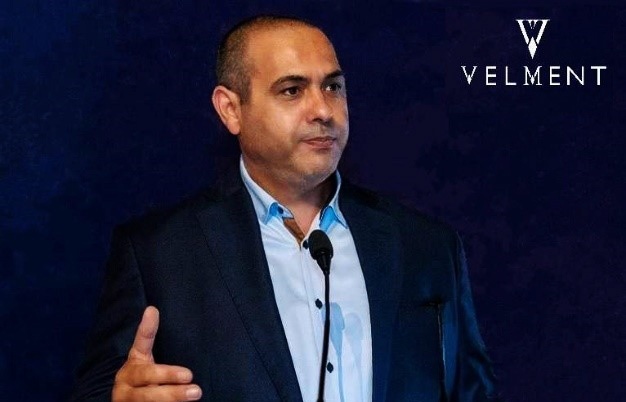

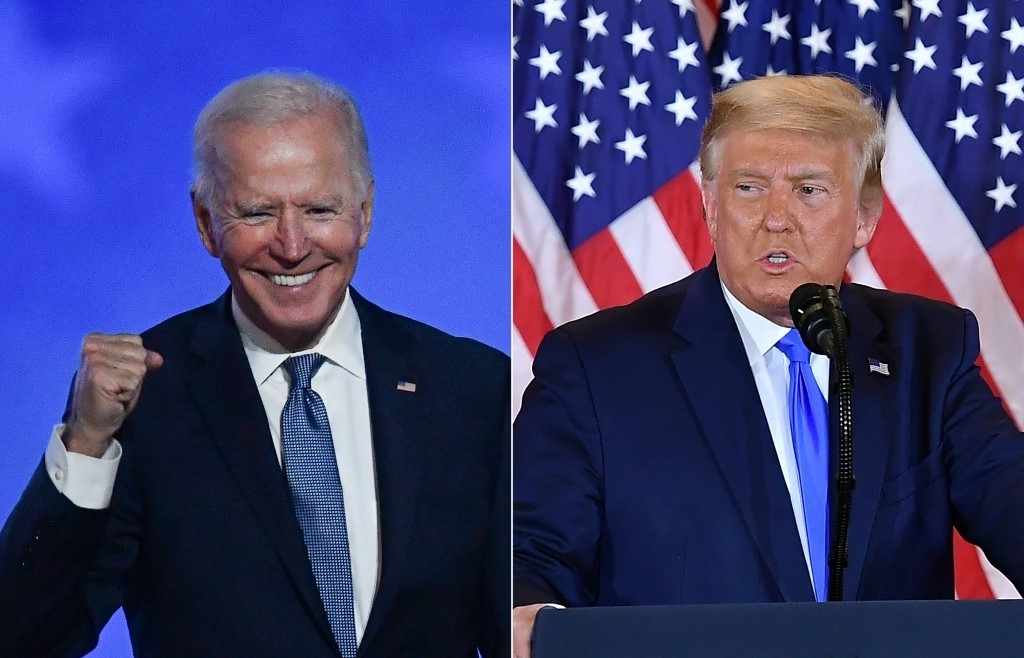
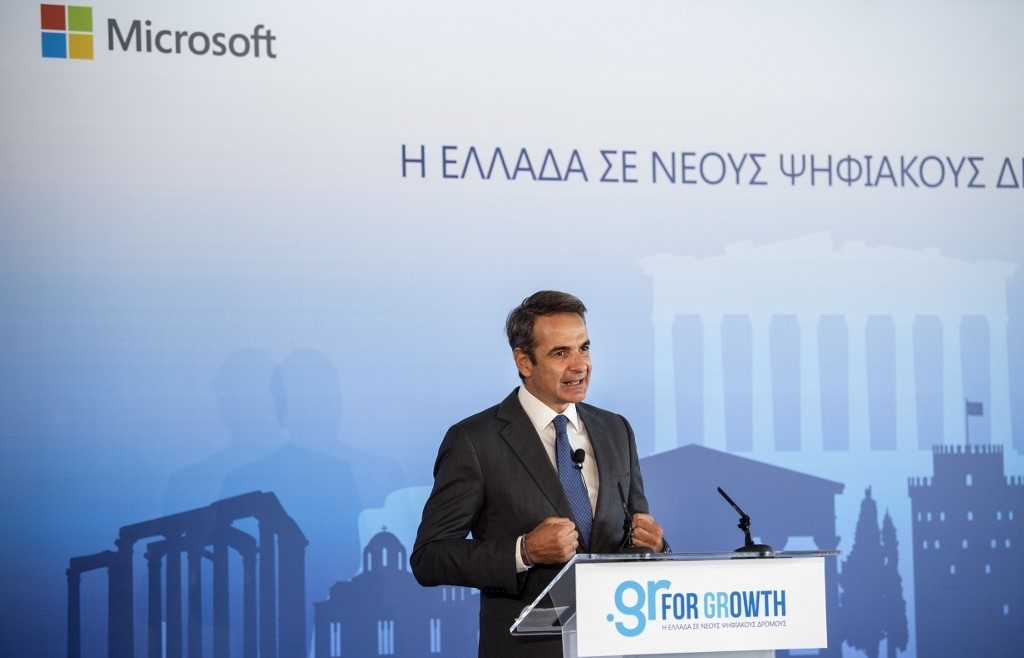
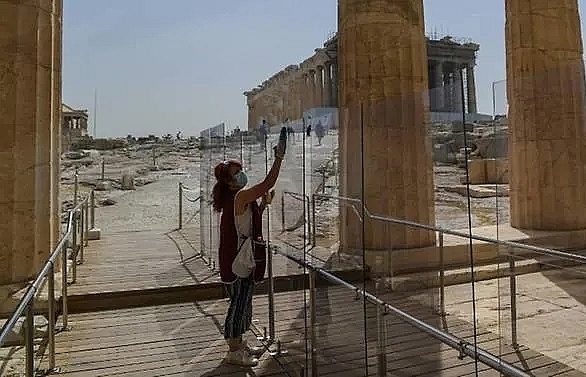

















 Mobile Version
Mobile Version